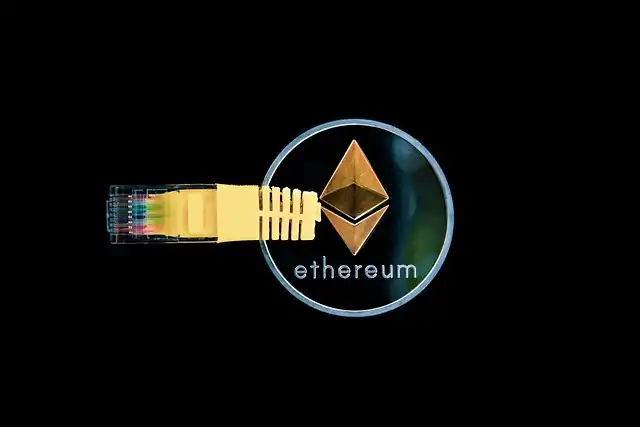Crypto Trends: Stablecoins, RWA Tokenization, and DePIN Networks

KPMG's Tarun Anand highlights stablecoins, real-world asset (RWA) tokenization, and decentralized physical infrastructure networks (DePIN) as key crypto narratives. Senate advances stablecoin regulation.
Tarun Anand, KPMG’s Blockchain and Digital Possession Specialist, said stablecoins, real-world property tokenization and decentralized physical framework networks will certainly be the key cryptocurrency narratives to keep an eye out for in the following few years.
DePIN and Market Capitalization
DePIN, on the various other hand, utilizes blockchain technology to develop and take care of physical infrastructure, like wireless networks. According to DeFiLlama, the complete market cap of DePIN procedures was $19.25 billion as of this creating while RWA’s accounted for over $41 billion.
Stablecoins and Real-World Assets
“I assume the next 1-2 years, it’s mosting likely to be a story of stablecoins. Actual world assets,” Anand anticipated. “Afterwards I believe we’re going to be moving into seeing exactly how decentralized physical framework networks, or DePIN, can really transform telecommunications.”
Senate Action on Stablecoins
Anand’s predictions come at a time when the Us senate has actually advanced the GENIUS Act in the Senate. The regulations, focused on managing stablecoins, has passed an essential procedural hurdle and is relocating in the direction of final flow.
Why It Matters: Dollar-backed stablecoins, like Tether USDT/USD and Circle USDC/USD, have been a hot subject in the cryptocurrency globe. According to an international bank, Standard Chartered, the total value of the stablecoin market is anticipated to surge from $254 billion today to $2 trillion by the end of 2028, possibly creating $1.6 trillion in added need for U.S. Treasury costs.
1 blockchain technology2 crypto narratives
3 DePIN
4 digital assets
5 RWA tokenization
6 stablecoins
« Dave’s Hot Chicken Joins Billion-Dollar ClubGen Z & Homeownership: Debt vs. Dreams in Real Estate »
